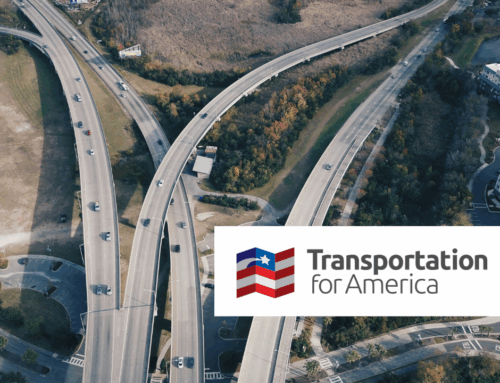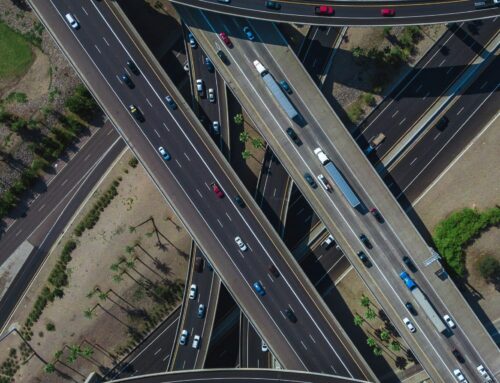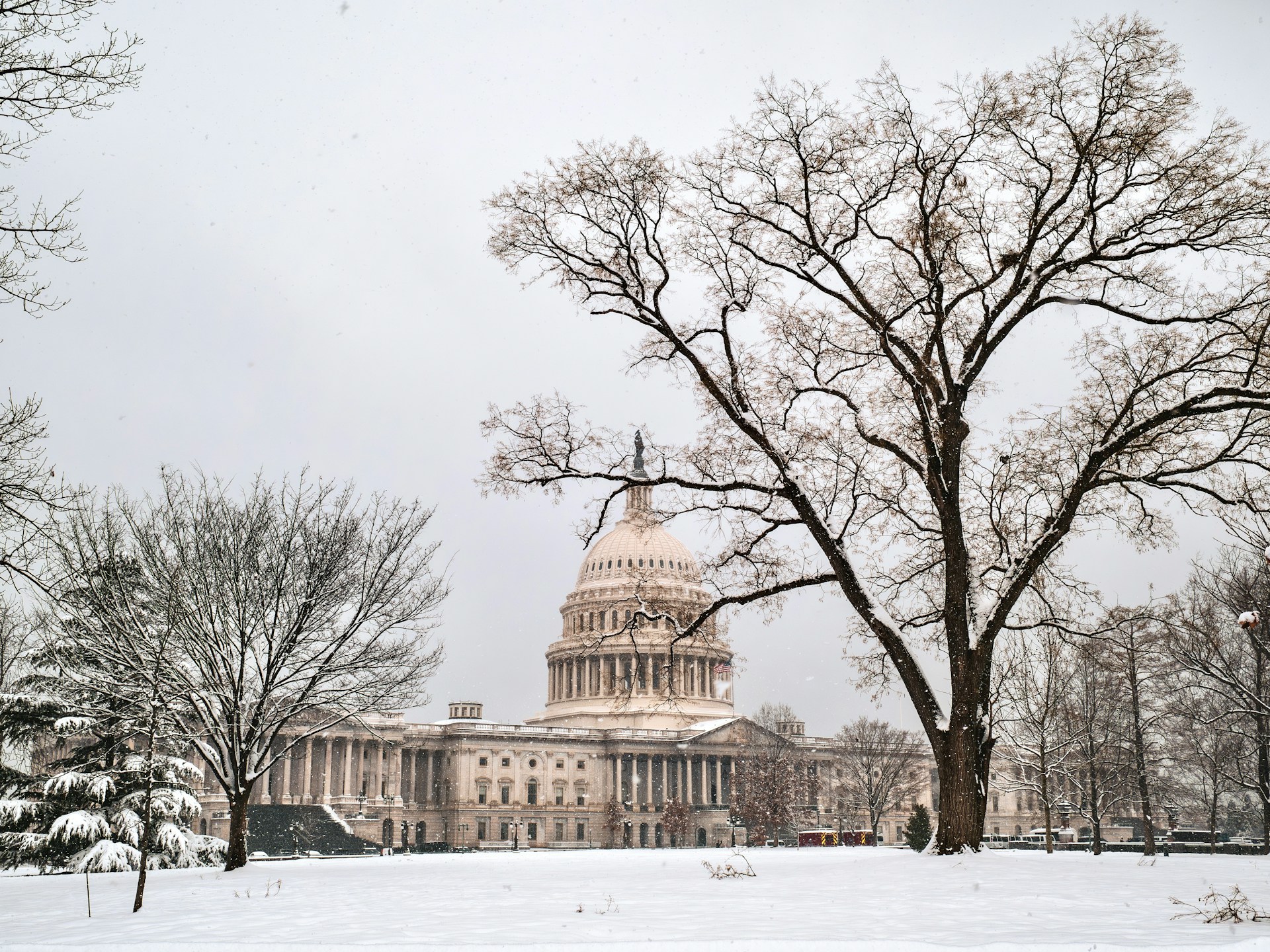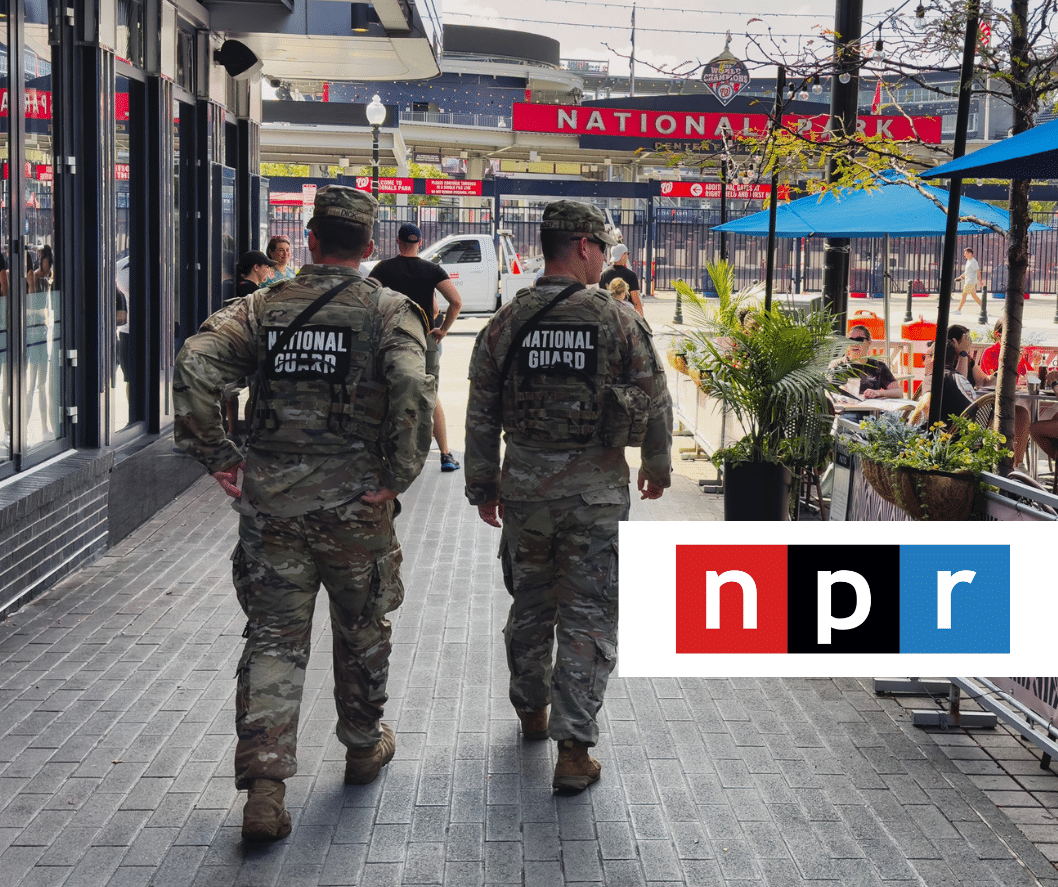The House Transportation and Infrastructure Committee, chaired by Rep. John Mica (R-FL) today released an outline of its proposal for a six-year reauthorization of the nation's transportation program. There are a lot of details missing, however, since we are still without legislative text. But this initial introduction to the bill raises a number of items of interest for the nation's taxpayers.
The positives (though the devil, as always, will be in the details with many of these):
- Chairman Mica's proposal appears to limit the program to expected gas tax revenues over the six-year reauthorization period. This would represent a larger cut compared to the last reauthorization bill, which is necessary because the last bill spent more than was collected in gas tax, requiring billions of dollars in transfers from the General Fund to keep the transportation program solvent. The next bill needs to either be constrained to expected revenues or include measures to obtain revenues adequate to support a larger program.
- This proposal also supports several financing mechanisms that could expand the program without increasing federal spending, including expansion of State Infrastructure Banks (SIB) and the Transportation Infrastructure and Financing Innovation Act (TIFIA) loan program, increased implementation of tolling and increased use of public-private partnerships. The important details are not available, however, which will determine how beneficial (or detrimental) these provisions would be for taxpayers.
- Seeks to reduce the amount of red tape and delay from project conception to implementation. Again, the details will be of extremely important to ensure that there is a careful balance struck between speeding up the approval process and allowing for faster approval of wasteful or unnecessary projects. But less delay of sound projects will certainly save taxpayer dollars.
- There will apparently be some nod toward performance measures, a hot topic recently in DC and one that a lot of folks are pushing to have included in the next bill. Performance measures are tricky, however, and what is being measure and who is doing the measuring are extremely important, or the measures won't do much good. It's also essential that substantial penalties be placed upon states that don't make the grade.
The proposal also raises some of concerns that we'll attempt to address as more details become available:
- If the program is going to be reduced dramatically, as this bill would do, is there going to be any change in direction that would target the use of those limited dollars toward fixing our roads and bridges, or encourage cost-saving transportation options that allow us to get more bang for the taxpayer buck. Following the same path were are currently on but doing so with fewer dollars will result in worse conditions, more congestion, decreased traveling safety, and increased long-term costs.
- A former highway official asked a question about how this bill would deal with cost estimation of projects, which notoriously understate costs and overstate benefits, allowing wasteful projects to move forward. This is especially problematic when it comes to extremely expensive projects, when the cost overruns can equal hundreds of millions or billions of dollars. Chairman Mica did not indicate that any changes were forthcoming in this area, and we believe that is a lost opportunity for the nation's taxpayers. If we don't have an accurate way to estimate project costs, there is no good way to prioritize which projects should be built and which should be shelved, leading to horrendous waste of taxpayer dollars.
Taxpayers for Common Sense will be reporting as more details become available.










